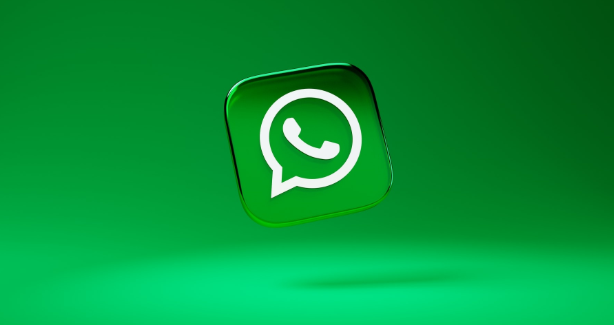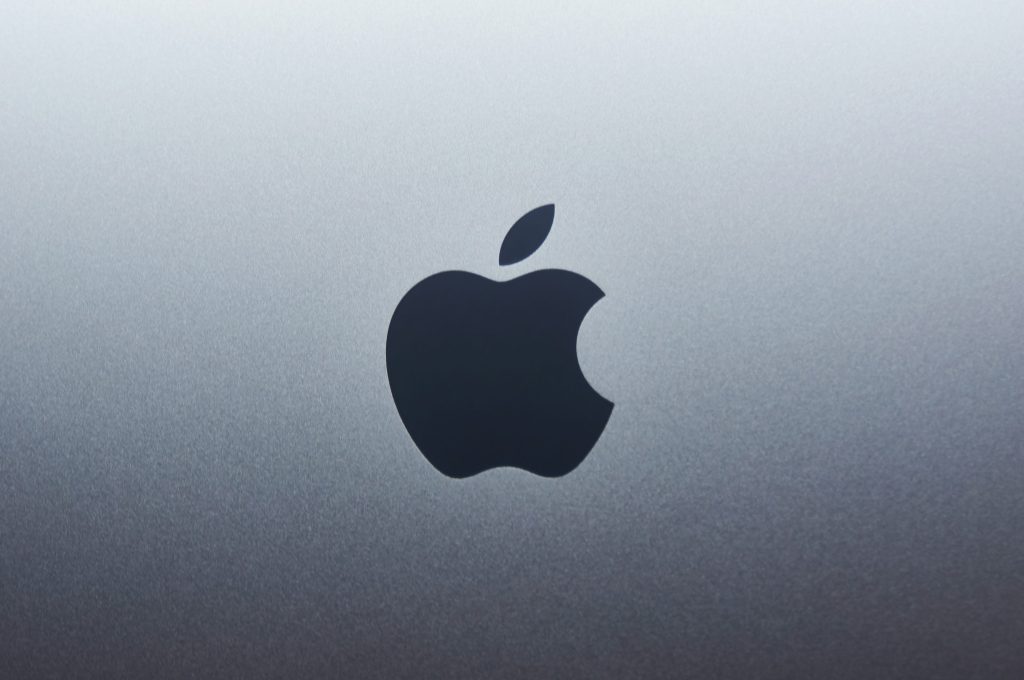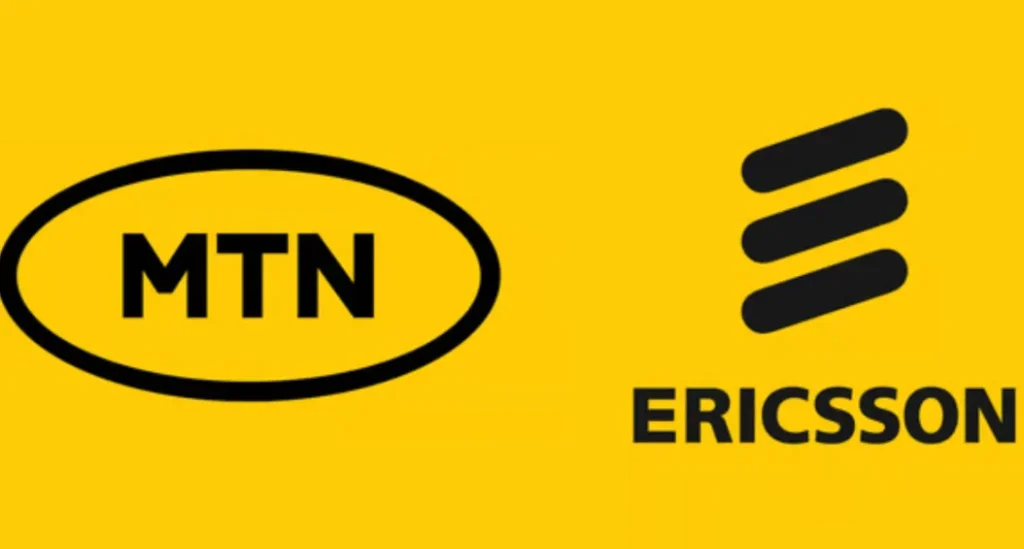ISPs in Nigeria Record Decline in Customers Amid Rising Costs
The latest data released by the Nigerian Communications Commission (NCC) shows that top Internet Service Providers (ISPs) in Nigeria — including Starlink, Spectranet, and FibreOne — have lost thousands of subscribers as economic pressures force Nigerians to cut back on internet spending.
According to the NCC’s Q1 2025 report, the total number of active ISP customers dropped to 289,369, down from 307,946 in Q3 2024 — a loss of over 18,000 users.
Starlink, Spectranet, and FibreOne Hit Hard
- Starlink, which quickly rose to become Nigeria’s second-largest ISP in 2024, lost over 6,000 subscribers, with its customer base falling from 65,564 in Q3 2024 to 59,509 in Q1 2025.
- Spectranet, the largest ISP in the country, also recorded a decline, shedding 2,189 subscribers, bringing its active base down to 103,252.
- FibreOne, ranked third by customer volume, experienced the most significant drop, losing 14,000+ users as its base shrank from 33,010 to 19,000 within two quarters.
Why Are Nigerians Abandoning ISPs?
Industry experts point to a combination of factors behind the ISP customer decline:
1. Rising Costs of Internet Services
According to Jide Awe, Innovation and Technology Policy Advisor and Founder of Jidaw.com:
“The increasing cost of data, hardware, and power is forcing families and businesses to prioritize essentials. ISPs like Starlink are more expensive in terms of devices and monthly subscriptions.”
2. Competition from Mobile Network Operators (MNOs)
Mobile networks now offer Fibre-to-the-Home (FTTH) services — once the stronghold of ISPs — at lower costs and with greater flexibility.
ATCON President Tony Emoekpere commented: “MNOs entering FTTH are squeezing out smaller ISPs. It’s becoming an unfair playing field.”
3. Tariff Hike
In February 2025, NCC approved a 50% increase in voice and data tariffs across all telecom providers. For Starlink, subscription fees rose from ₦38,000 to ₦57,000 by April, prompting many users to cancel.
Mobile Networks Continue to Dominate
While ISPs collectively serve under 300,000 subscribers, mobile network operators — MTN, Airtel, Globacom, and 9mobile — remain dominant, boasting over 142 million internet subscriptions as of March 2025.
Despite the tariff hikes, mobile internet subscriptions only dipped marginally by 0.07%, demonstrating the resilience and affordability of mobile networks.
How ISPs Can Stay Afloat: Experts Advise a New Business Model
To survive the current downturn, Jide Awe suggests ISPs must rethink their strategy:
1. Offer Flexible, Affordable Plans
Design data plans tailored to lower-income users and small businesses.
2. Create Bundled, Value-Added Services
Move beyond selling bandwidth. Provide bundled services for:
- SMEs
- Real estate developments
- Healthcare institutions
- Educational platforms
3. Collaborate with Startups
Partner with agile tech startups to innovate and deliver niche digital solutions.
4. Invest in Alternative Energy
Adopt solar and local energy solutions to improve service reliability and reduce operational costs.
5. Embrace Emerging Technologies
Leverage new technologies to diversify revenue, enhance service delivery, and improve customer retention.
Conclusion
Nigeria’s ISP sector is facing a defining moment. With economic challenges mounting and MNOs rapidly expanding their market share, ISPs must evolve to stay relevant. Flexibility, innovation, and customer-centric services will be key to surviving and thriving in Nigeria’s rapidly shifting digital landscape.











